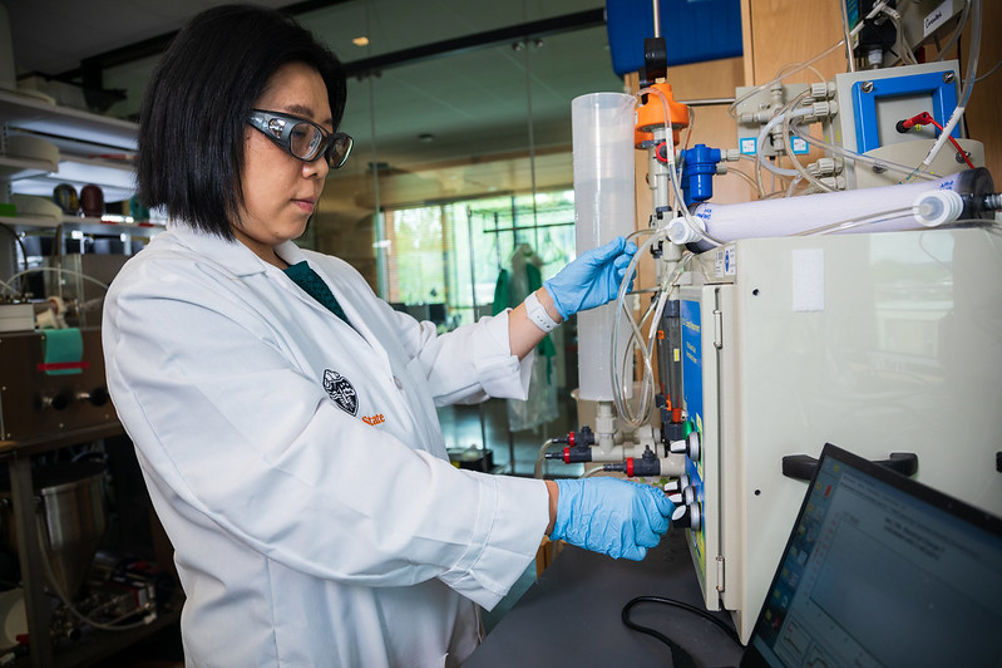The three-year project arose from the desire to reduce the amount of chemical fertiliser and freshwater used in farming. With food systems becoming more stretched on both the supply and demand side, alternative methods of agriculture – particularly irrigation – will be increasingly needed.
Related content
“Agricultural activity accounts for 70 per cent of all available freshwater,” said project lead Xue Jin, assistant professor of environmental engineering at Oregon. “Worldwide, demand for food production continues to grow along with the population. As droughts become more frequent and severe, there is a critical need for effective treatment technologies that provide safe reclaimed water for agricultural irrigation.”

Supported by $750,000 from the US Department of Agriculture, the Oregon team developed a two-stage, hybrid membrane filtration technology compatible with the discharge produced by anaerobic digesters. In the first stage, an electrically charged membrane attracts ions including ammonium, phosphorus and potassium and concentrates them into a fertiliser-rich brine. In the second stage, a forward-osmosis membrane removes contaminants such as bacteria, and the bacteria-free water is then recombined with the brine to produce a nutrient-enhanced solution that can be used on crops.
“In laboratory-scale testing, we were able to recover 80 per cent of the water,” said Quang Ngoc Tran, an Oregon graduate student who participated in the research. “When the technology is scaled up with optimal operating conditions, that number could go even higher. The output is basically pure water, with a little bit of dissolved salts that are the plant nutrients.”
The researchers are set to conduct greenhouse studies to evaluate the effectiveness of the treated water in plant growth and the biosafety of the resulting crops, as well as perform economic feasibility studies. According to Jin, the technology could potentially be deployed directly on farms that operate their own anaerobic digesters or even on vertical farms situated near to wastewater treatment plants.
“We are examining multiple prospective use-case scenarios,” she said. “The fiscal impacts of this technology will prove to be a key consideration in whether it becomes widely adopted. The goal is to make agriculture more sustainable not just environmentally but economically as well. If we can develop an affordable system that will effectively reduce the costs of crop production, that could be very attractive to farmers.”











Guest blog: exploring opportunities for hydrogen combustion engines
"We wouldn't need to pillage the environment for the rare metals for batteries, magnets, or catalisers". Batteries don't use rare...